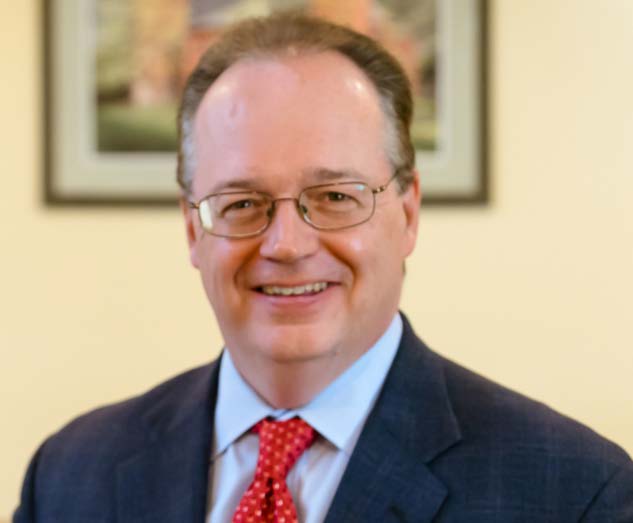 A licensed professional counselor has avoided prison after pleading guilty to felony Medicaid fraud. The counselor was charged with “phantom billing,” or billing for services not provided. The court imposed but then suspended a five-year prison sentence. The counselor must complete five years of supervised probation, 200 hours of community service, and pay restitution to Medicaid. Terome Knight, the licensed professional counselor, allegedly offered his services to recently released prison inmateshomeless people who lived in shelters. These individuals were eligible for benefits under the Medicaid program, which provides basic healthcare services to individuals and families at or near the poverty level. The mental health fraud charges resulted because Knight billed Medicaid for services that were never provided to these patients. According to the government, the patients themselves reported that they never received any mental health services or treatment. Billing for services not rendered is a serious form of Medicaid fraud and abuse. It often results in criminal charges and a long prison sentence, especially when the fraud involves multiple patients. The government may seek a felony indictment for each patient involved, and for each false claim submitted to Medicaid. A conviction could result in a sentence of up to five years in prison on each count and other Medicaid fraud penalties. In this case, several factors appear to have influenced the court’s decision to suspend the prison sentence and impose a sentence of probation, community service, and restitution. One factor in the professional counselor’s favor was the amount of money involved. The court ordered restitution of less than $20,000. Compared with the hundreds of thousands of dollars and sometimes millions of dollars involved in many Medicaid fraud cases, this was a relatively small case. The other significant factor was the professional counselor’s decision to negotiate a plea agreement with the government. Judges often credit a defendant’s acceptance of responsibility when imposing sentence, and prosecutors often will agree to recommend or support a specific sentence to the judge as part of a pleas agreement. Every case is different. In some cases, you must prepare an aggressive defense and fight the charges to protect your rights. In other cases, cooperation and a negotiated settlement or plea agreement can avoid more serious consequences. You need an experienced Medicare and Medicaid fraud attorney on your side to make these types of decisions. If you are under investigation or have been charged with a crime, then you should consult with an experienced Medicaid and Medicare fraud lawyer immediately, before you speak with anyone else. To arrange a free and confidential consultation, call John Howley, Esq. at (212) 601-2728 or click here to reach our office via email. John Howley, Esq. The information you obtain at this site is not, nor is it intended to be, legal advice. You should consult an attorney for advice regarding your individual situation. I invite you to contact our law offices and welcome your calls, letters and electronic mail. Contacting us does not create an attorney-client relationship. Please do not send any confidential information to us until such time as an attorney-client relationship has been established. I practice law and offer legal services only in jurisdictions where I am properly authorized to do so. I do not seek to represent anyone in any jurisdiction where this web site does not comply with applicable laws and bar rules.
0 Comments
Your comment will be posted after it is approved.
Leave a Reply. |
John Howley, Esq.
(212) 601-2728 |
